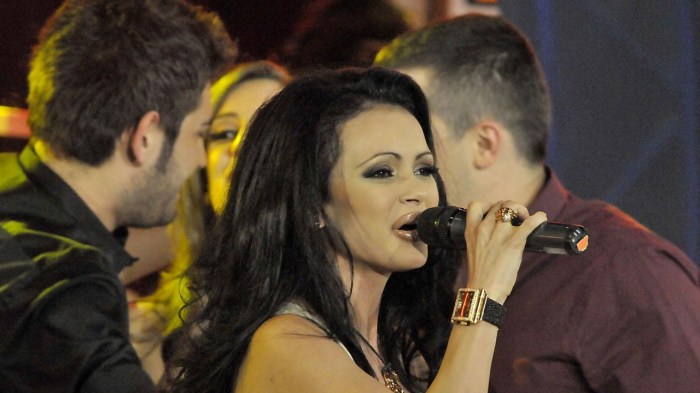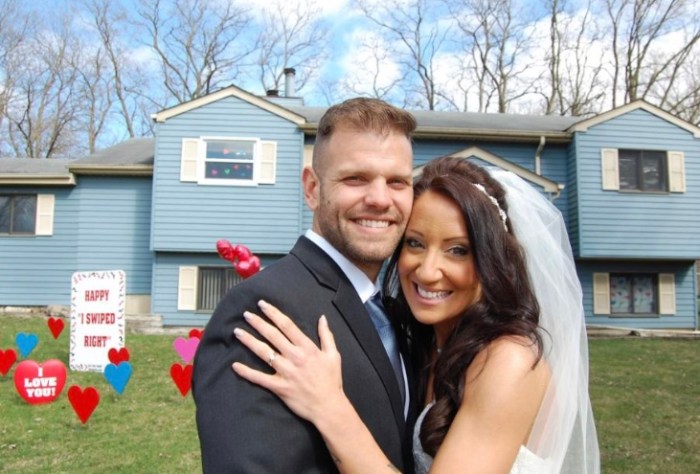María se casó después de graduarse. – María se casó después de graduarse, initiating a compelling narrative that explores the intricate relationship between education, culture, and personal aspirations. This tale delves into the significance of María’s marital status, the role of her education in shaping her decision, and the social and cultural factors that influenced her choice.
María’s story unfolds as a tapestry woven with societal norms, educational opportunities, and personal desires. It invites us to reflect on the complex factors that shape our life choices and the impact they have on our individual journeys.
María’s Marital Status: María Se Casó Después De Graduarse.

María’s decision to marry after graduation holds significant cultural and societal implications. In many cultures, marriage is seen as a milestone that marks a woman’s transition into adulthood and establishes her place within the community.
María’s marital status may have influenced her life experiences in several ways. As a married woman, she may have been expected to assume traditional roles within the family, such as raising children and managing the household. Additionally, her marital status may have affected her social interactions and opportunities, as she may have been expected to conform to certain social norms and expectations.
María’s Education
María’s education played a crucial role in her decision to marry. Education empowered her with knowledge, skills, and a sense of independence, which likely influenced her aspirations and goals. An educated woman is more likely to have access to employment and financial stability, which can provide her with greater autonomy and choice in her personal life.
However, María’s education may have also presented challenges. As an educated woman, she may have faced pressure to postpone marriage in order to pursue her career. Additionally, she may have encountered social expectations that conflicted with her desire for both education and marriage.
María’s Social Context
María’s social and cultural context also influenced her decision to marry. The expectations and pressures of her family, community, and peers likely played a significant role in shaping her choices. In many cultures, marriage is seen as a social obligation, and women are expected to marry at a certain age or within a certain timeframe.
María may have felt pressure to conform to these social norms in order to gain acceptance and avoid disapproval. Additionally, her family and community may have had specific expectations regarding the type of man she should marry and the role she should play within the marriage.
María’s Personal Journey, María se casó después de graduarse.
María’s motivations and desires for marriage were likely influenced by a combination of personal and social factors. She may have been motivated by a desire for companionship, love, and emotional support. Additionally, she may have been influenced by cultural and societal expectations that placed a high value on marriage.
María’s decision to marry may have brought both challenges and opportunities. On the one hand, she may have faced the challenges of adjusting to married life and balancing her personal and professional responsibilities. On the other hand, marriage may have provided her with a sense of stability, security, and fulfillment.
Top FAQs
What were the societal expectations surrounding marriage in María’s context?
Marriage was viewed as a social norm and a means of securing financial stability and social status for women in María’s society.
How did María’s education influence her decision to marry?
María’s education exposed her to new ideas and aspirations, which may have influenced her desire for a marriage based on mutual respect and companionship rather than solely on societal expectations.
What challenges might María have faced as an educated woman in her society?
María may have faced challenges related to balancing her personal aspirations with societal expectations, as well as navigating potential gender biases within her community.

